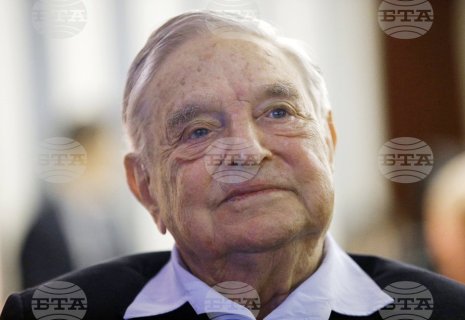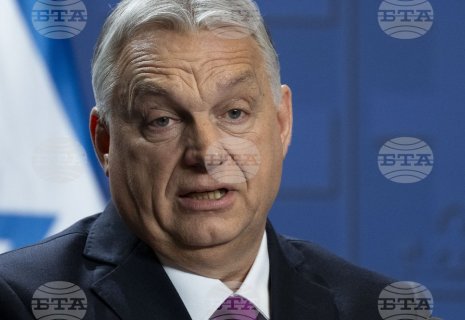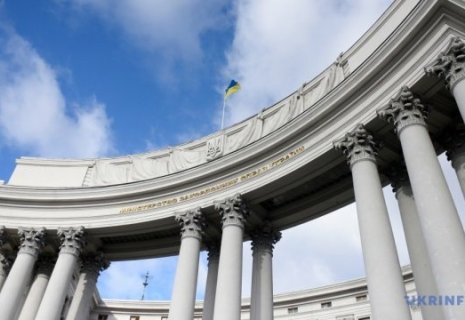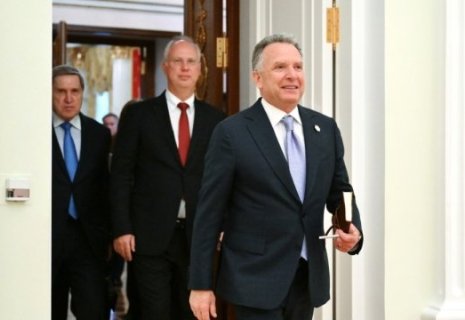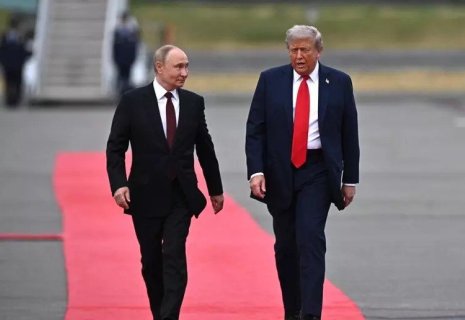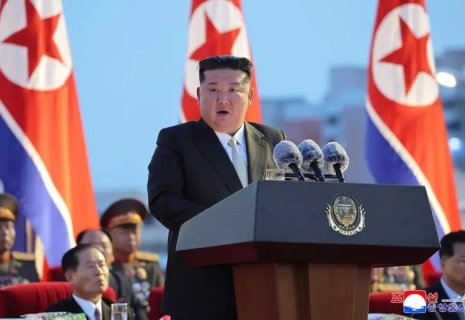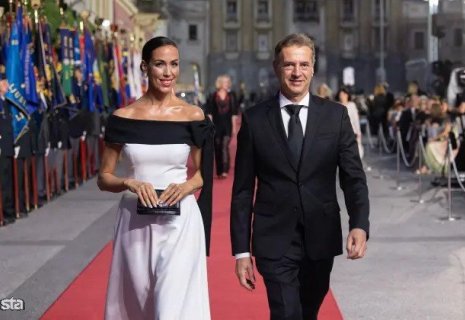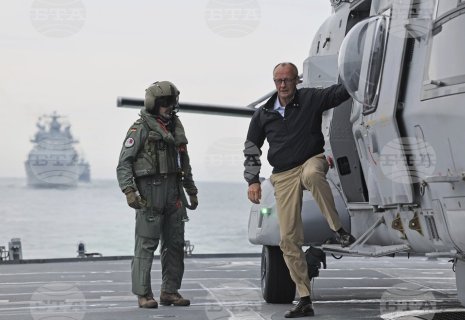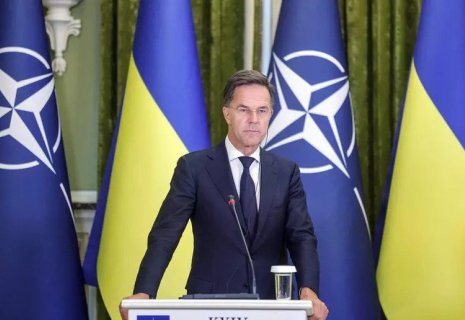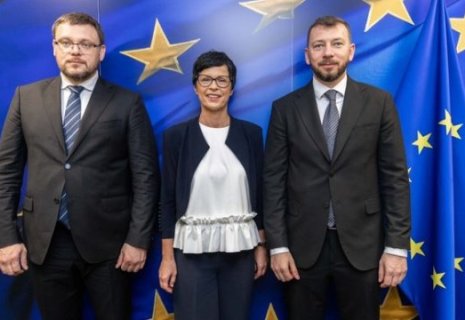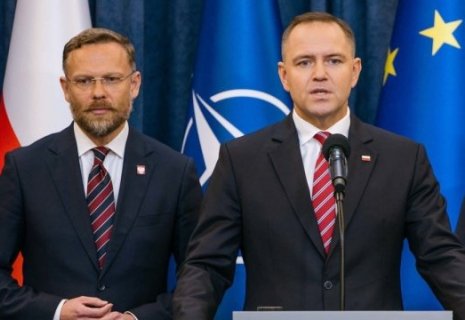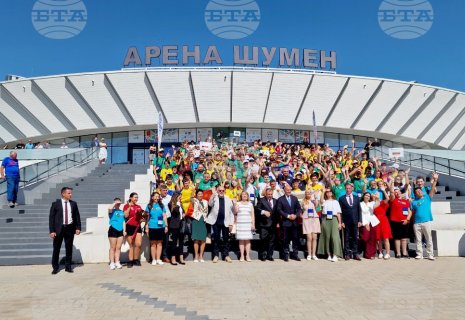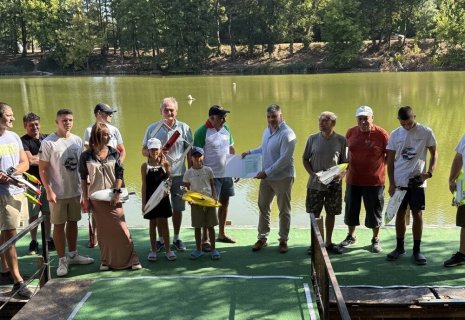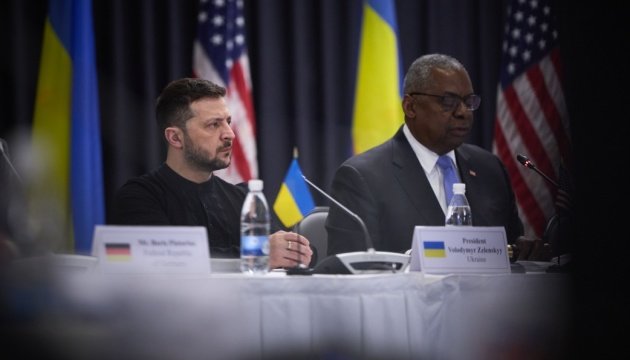
Ramstein meeting: results, plans for future
The 25th meeting of the Ukraine Defense Contact Group, chaired by the United States and attended by the military leadership of 50 countries, the President of Ukraine, the NATO Secretary General, and other leaders, took place at the U.S. Ramstein airbase in Germany, CE Report quotes Ukrinform.
The current meeting, which was for the last time chaired by the outgoing Pentagon chief Lloyd Austin, was perhaps the most productive ones in determining the next steps for continuing international support for Ukraine, Ukrinform reports.
At the outset of the meeting, the U.S. Secretary of Defense announced $500 million in another batch of security assistance to Ukraine. The new package includes AIM-7, RIM-7, AIM-9M air defense missiles; air-to-surface munitions; auxiliary equipment for F-16 aircraft; as well as armored bridge systems; secure communication equipment; small arms and ammunition; spare parts, auxiliary equipment, services, training, and transportation.
In parallel lines, the UK and other allies vowed 30,000 FPV drones for Ukraine; Norway allocated more than $60 million for the initiative to purchase drones; and Germany promised Ukraine air defense capabilities, ammunition and armored vehicles. At the same time, Canada said nearly $330 million was being allocated for military support to Ukraine. In addition, the participants in the meeting approved eight roadmaps defining the key goals of the Ukrainian Defense Forces until 2027. “These roadmaps are a joint result of Ukraine and partners’ work. Thirty-four participating countries have already become part of these coalitions. This also sends an important signal to the Ukrainian defense industry: there is a demand for weapons and equipment, and it is very high," said Ukrainian Defense Minister Rustem Umerov.
Meanwhile, NATO Secretary General Mark Rutte named three tasks for the participants of the Ramstein meeting: to provide Ukraine with everything it needs to win the fight against Russian aggression, to distribute the burden between the allies, and to address global challenges.
A special feature of today’s meeting in Germany was personal participation of Ukrainian President Volodymyr Zelensky. He called on partner countries to invest in the production of drones in Ukraine and to complete the deliveries of the previously pledged air defense systems. In addition, Zelensky spoke of the Ukrainian Army’s successful efforts on the battlefield as they inflict major losses on Russian forces and their allies from the DPRK. The president also called on all Ramstein participants to sign security agreements with Ukraine. Separately, Volodymyr Zelensky, as well as Defense Minister Rustem Umerov, held a number of bilateral meetings.
During the final press conference at Ramstein, U.S. Secretary of Defense Lloyd Austin called the Ukraine Defense Contact Group a driver of global security. He emphasized that this format has become the most effective international coalition in the past three decades, having raised more than $126 billion in military assistance for Ukraine.
He singled out Denmark, Finland, Germany, the Netherlands, Norway, Poland, Sweden, and Spain, which provided Ukraine with Leopard tanks. Germany, he said, also made efforts to create the Air Defense Initiative, which prompted partners to allocate more than a billion dollars to support Ukraine’s air defenses. The Czech Republic led a dozen nations in increasing supplies of critical munitions. Denmark and the Netherlands provided Ukraine with its first F-16 fighter jets, and Canada, Denmark, France, Romania, the United Kingdom, and the United States have found opportunities to train Ukrainian pilots, the American defense chief noted.
In addition, Austin said that thanks to joint efforts, Russia's war casualties since the full-scale invasion of Ukraine have reached 700,000, which is more than in all conflicts with Moscow's participation combined.
He called on the coalition members to continue the fight.

